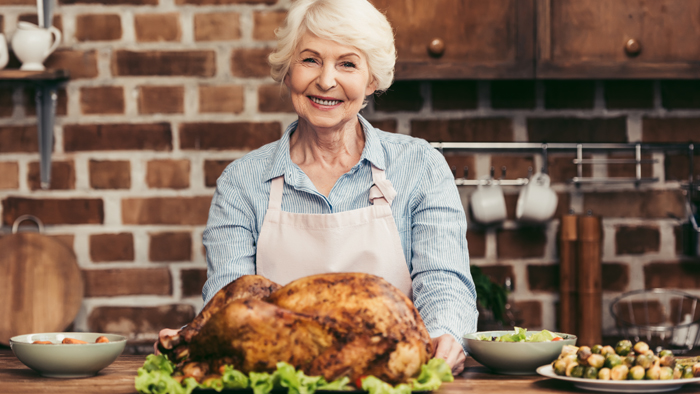
Here we are; we’re on the verge of the holidays and the most intense part of the year and all that represents, the good and the bad and the ugly. It’s such a packed time of year.
What’s more representative of indulgence than the holidays? When do we say, more than any other time of year: oh, I ate too much, drank too much, slept too little, didn’t exercise, and spent too much money? It’s a vicious cycle and one that some people prepare for all year. In August: I’m losing ten pounds now so I can pig out during the holidays. I’ve saved up every penny so I can splurge on holiday gifts. In November: Yeehaw! Here we go!
Indulging gets trickier as we age.
I’ve found that as I get older, indulging becomes more difficult. Well, not more difficult so much as it takes a greater toll. Too many drinks or too much pecan pie used to make me feel not so wonderful for perhaps a day. Now, if I overindulge, there’s a chance I’ll be out of commission – or at least certainly not feeling my best – for a lot more than one day. No, I’m not saying one piece of pecan pie will send me to bed for multiple days; I am saying that pie coupled with other things like not enough water or too little sleep can mess me up for a longer time than it used to.
Is the cost of indulging becoming too great? For me, with the very rare exception, yes, it has become too costly to drink too much or eat the entire Chateaubriand plus the Gruyère potatoes and salad with blue cheese dressing and the chocolate cake with caramel sauce. Now just reading that description makes me gag a little.
Even years ago I began to notice I couldn’t indulge as much as I did in my 20’s and 30’s, so I’d eliminate one entire food group in order to get through it. I’d not drink anything, or I’d skip dessert as well as the Christmas candy and make it through fairly unscathed. But that doesn’t work anymore. Even in moderation, there’s a chance I’ll experience flu-like symptoms the next day after imbibing in too much of something.
And that’s just the food part.
The holidays can represent a financial overindulgence for many seniors who are on fixed incomes. Our income remains the same but the number of grandkids and great-grandkids can keep growing and, with that, the number of gifts we’re often obligated to purchase grows too. Some elders find it difficult to say, “Hey, we need to come up with a plan for gifting that works for us all. I can’t afford to buy gifts for everyone.”
How will we behave this year?
Having a plan in place for how you want the holidays to go is a great idea. This plan can keep you focused on getting through those situations that can reek havoc with your health, your finances, and your overall well-being. While a plan doesn’t guarantee you won’t experience an overindulgence of some sort, it can serve as a blueprint for a successful way out. More and more, I’m saying, when offered food or drink that brings unwanted consequences, “I have a goal and a plan to not gain weight this year during the holidays (or overspend, or just overdo in general), and sticking with my plan is best for me.” Sometimes all I say is, “No, thank you.” No one is going to be critical of you taking care of yourself. How you behave is up to you; don’t give that power to another.
Finally, I find bringing the focus of the holidays — food, alcohol, money, and time aside — back to the meaning of fellowship in my life is the best way to indulge in all the goodness there is to enjoy.


Thanks, A. We all need this reminder!! It seems to start with Halloween and ramps up through January. Ugh. I struggle with the money/gift thing every year. I have my own “blog”printed out and placed in my calendar each November. I TRY, usually in vain, to follow it. As for over indulging in food/drink, I hear you. I try to remember how I’ll feel about myself tomorrow, and that gives me more will power to decline what might be in front of me today.
In any event, remember it’s the moments with friends and family that count in the end. Cheers!
Love this reply, my friend. Thank you for sharing your experience; it encourages.